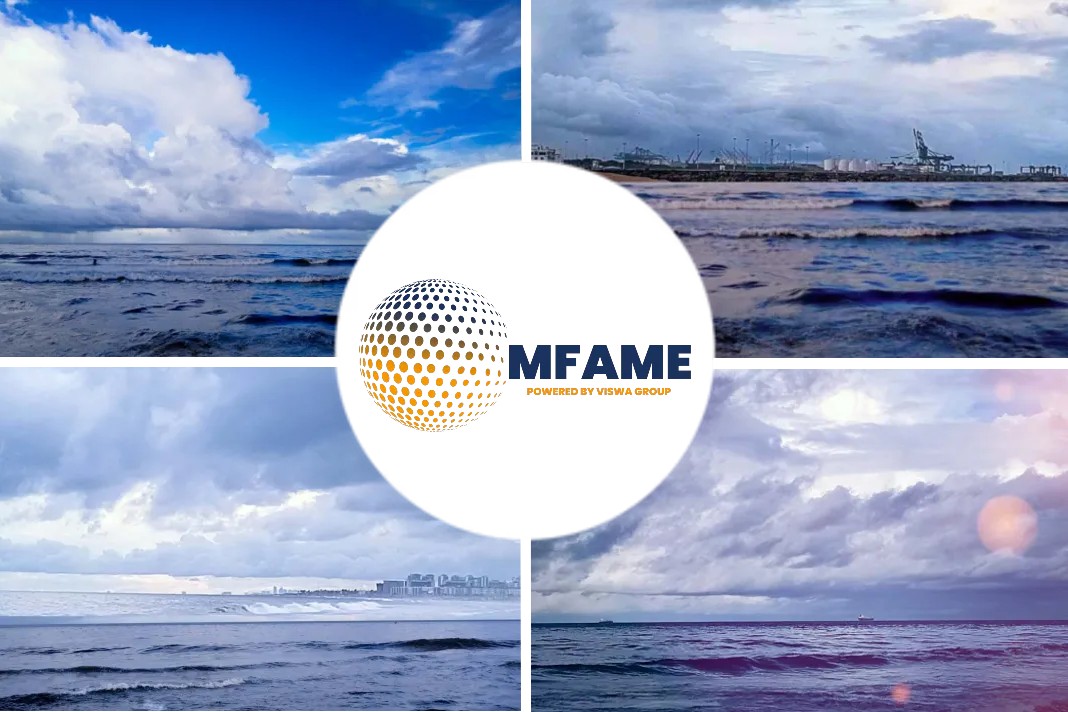The Union of Greek Shipowners (UGS) criticises the usage of scrubbers as a solution to cleaner and more environmentally conscious shipping from 2020. UGS also feels that there is a lack of international standardisation for compliant fuels and ISO standards are not expected to be ready by January 1, 2020.
Questionable benefit of scrubbers
Mr Theodore Veniamis, President of the UGS, While applauding the IMO’s decision to consider safety implications associated with handling marine fuels in 2020, said, the environmental benefit of scrubbers is questionable.
Mr. Veniamis stated: “We cannot turn a blind eye to the uncertainties regarding the availability and supply of MARPOL compliant fuels which are also SOLAS compliant, safe, fit-for-purpose and available worldwide, particularly in the bulk/tramp sector. The option of achieving compliance through continued combustion of high-sulphur fuels with installed scrubbers, which in any case has questionable net environmental benefit, is the exception to the rule, especially in this sector due to its fundamental operational characteristics.”
Itinerant Bulk/tramp shipping
According to the UGS, bulk/tramp shipping which represents more than 83 per cent of the worlds’ seaborne trade in cargo ton-miles and in which Greek shipping is primarily involved is by nature itinerant. Contractual arrangements are difficult to be made with refineries and bunkering facilities at specific ports, as may be the case in other shipping sectors characterised by the regularity of their itineraries and the frequency of their sailings.
The UGS says post 2020, ships involved in bulk/tramp shipping will likely have to bunker untested and diverse fuel blends from different sources around the world, which are especially problematic, evidenced by the existing fuel contamination issues.
Warning from UGS
The UGS is pleased that the stakeholders of the bunker supply chain have recognised the potential safety and operational issues related to the supply and use of 0.5 per cent sulphur fuels and are proposing the issuance of extensive guidance for ship operators and crews.
However, UGS warns that the responsibility of the marine bunker supply chain cannot be shifted onto ship operators and crews. The association believe that ship operators and crews should not be held responsible for the safety and environmental consequences of the provision of unsafe or unsuitable fuels.
Need for Institutionalised process
While the UGS welcomes IMO guidance, it does not believe it is enough and calls for an institutionalised process to ensure the proper management of the 2020 sulphur cap issues, taking into account all parameters, of which many, the consequences are unknown.
“The ultimate aim should be that the industry in its totality uses safe and suitable, low-sulphur marine fuels. The UN IMO should not allow a trade-off between formal compliance and the safety of ships, crews and protection of the environment,” said Mr. Veniamis.
Did you subscribe for our daily newsletter?
It’s Free! Click here to Subscribe!
Source: UGS



















